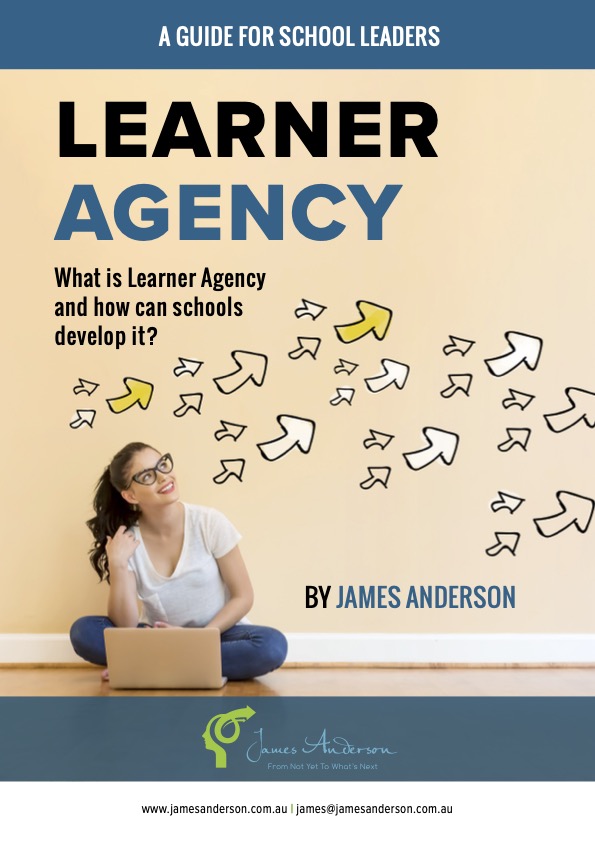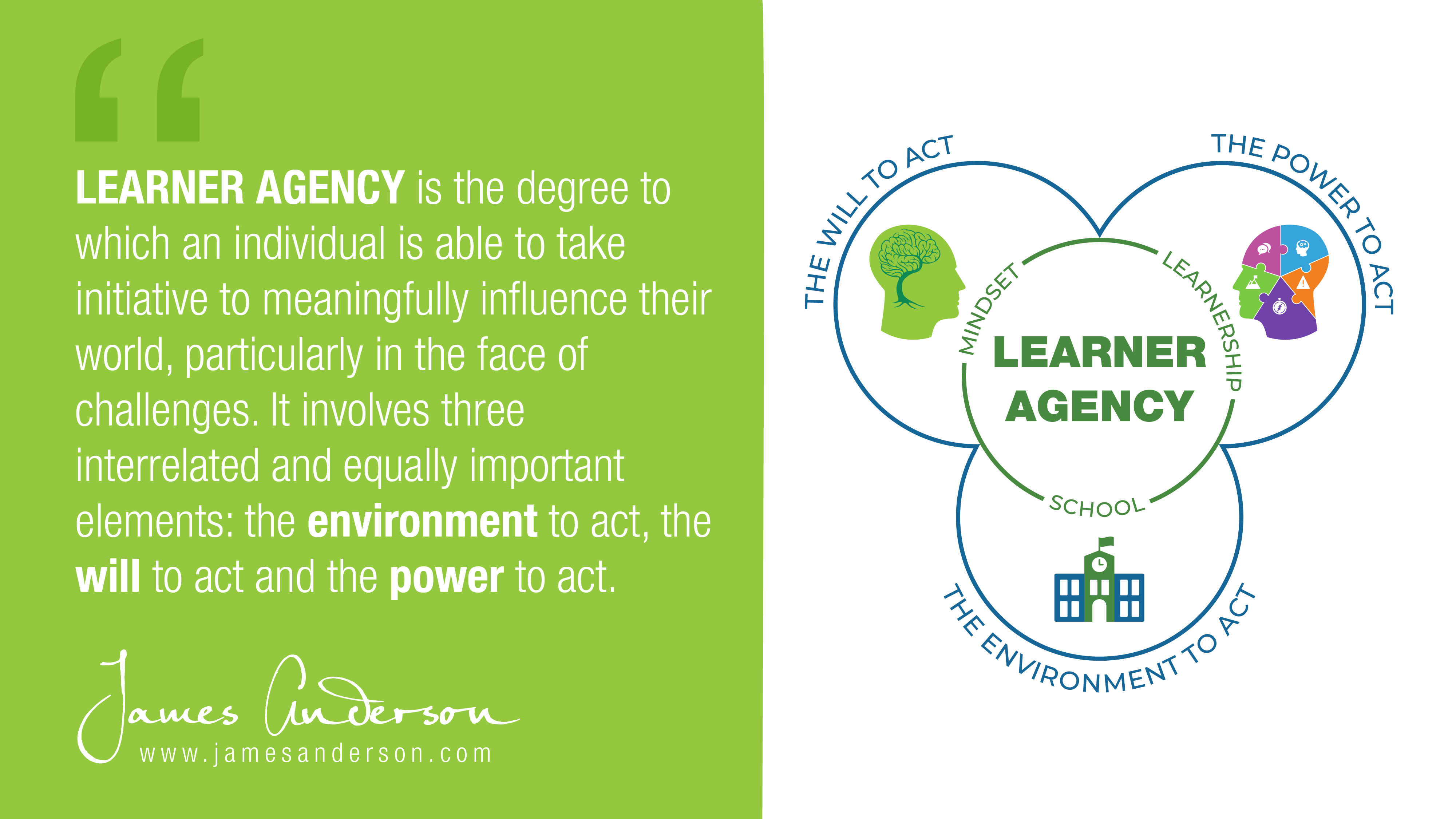Your Ultimate Guide to Learner Agency
There’s a lot of talk in education at the moment about Learner Agency (A.K.A student agency). In the name of agency we are supposed to give students “voice and choice” in their learning. But there’s something very important that we are missing.
What is Learner Agency

Without digging into the philosophical roots of agency, the concept is probably most easily described by thinking about what it’s not. Someone who lacks agency becomes the victim of their circumstances. They feel powerless, unable to influence the world around them, particularly when facing adversity.
Someone with agency is powerful, when they are confronted with adversity, they can take action and influence their world. They have a voice in the world, and they have the power to exercise their free will to make choices. They are the master of their circumstances.
Voice and Choice: A Sense of Agency?
The idea that someone with agency has a voice, and can make choices about their world, has given rise to strategies to giving students “voice and choice” The typical implementation is to involve students in making decisions about the school or their learning. This way students feel they have some power and are able to influence what and how they learn. Students are given a “sense of agency. "
While giving students some choices in their learning is a good thing, on its own it’s unlikely to increase the students’ agency. That’s because a person’s environment is only one aspect of agency.
Defining Learner Agency
Having extensively reviewed the literature around agency, I define Learner Agency as the degree to which an individual can take initiative to meaningfully influence their world, particularly in the face of challenges. It involves three interrelated and equally important elements: the environment to act, the will to act, and the power to act. 
Power To Choose Or Permission To Choose?
It’s relatively easy to change a student's environment. That’s why so many schools have jumped on the bandwagon. The problem with most of these programs is the choices we give students are easy choices. They are choices students could already make. The only reason they didn’t make those choices previously is because we hadn’t allowed them to.
In seeking to increase student agency we need to ask, are we giving students the power to choose, or merely the permission to choose? If we are merely giving permission, we are only changing the environment, not the student.
You Can’t Give Students Agency
This highlights perhaps the most important part of this work. You can’t simply “give” students agency. Agency is a quality that involves personal growth. If the strategies we implement aren’t changing the students, then we aren’t developing agency.
This is where the next two elements of agency become important. The will to act and the power to act.
The will to act is your mindset. It represents your understanding of your ability to develop new abilities. Adversity and challenge will come into your world that are beyond your current abilities. With a Growth Mindset, you understand you can develop those abilities and in doing so, changing your circumstances. It gives you the will to act, to not remain the victim of your circumstances.
With a Fixed Mindset, you are disempowered. Your self-limiting beliefs leave you believing there are some types of challenges that you can never succeed at. Believing you cannot change, you become the victim of your circumstances.
The power to act is your capacity to learn. Understanding you are capable of growth, and achieving that growth are two separate things. Learnership is how you go about developing the abilities that make you powerful in the world, able to become the person you want or need to become.
The more skilfully you engage in the learning process, that more effectively you develop your abilities, the more powerful you become. This ultimately makes you the master of your circumstances.
If you’d like to know more about Learner Agency, download my free 28 page leader's guide, or book a time in my calendar to talk about how I can support you in this important work.
Best Wishes,
James
Stay connected with news and updates!
Join my mailing list to receive the latest news and updates about mindset, Habits of Mind, Learning Agility and more.
